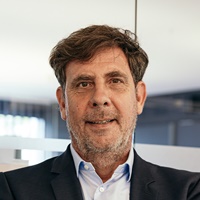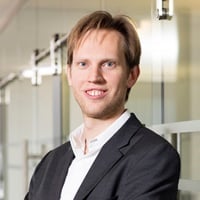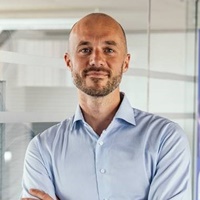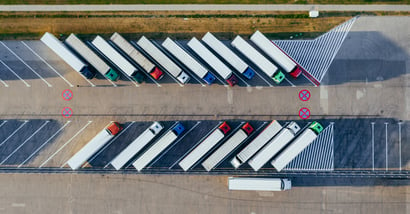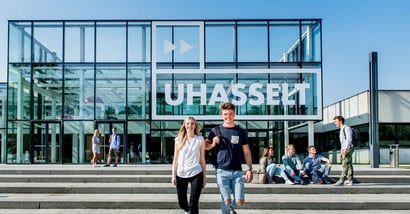Strategic challenge
Dunea produces and supplies drinking water to approximately 1.3 million customers in the western part of South Holland. Dunea wants to improve its processes and IT systems to prepare for the future. That’s why the Wave programme was initiated.
The objectives of the Wave programme are:- Interconnection of processes which will improve information services and services provided to the customer.
- Simplify the ICT structure to ensure continuity and make us more adaptable at lower administrative costs.
- Efficiency in the primary and supporting processes and in the management of information services
Dunea had a complex IT structure, with different software solutions for each process. This was a vulnerable situation primarily because of the inter-relationships between the systems. Also, it is not future proof. That’s why Dunea decided to purchase an ERP system. An Enterprise Resource Planning (ERP) system is an integrated IT system that supports all business processes.
The business processes are the basis for selecting the ERP system. This is why Dunea engaged Möbius to:
- Identify the current processes
- Improve and simplify processes using lean methodologies
- Draw up the ERP requirements based on the improved processes
Approach
Möbius and Dunea joined forces in order to achieve optimal results. Möbius has expertise in Lean and process improvement, experience selecting ERP systems and provides examples of good practice from other sectors. Dunea staff have in-depth knowledge of the individual processes and experience in everyday practice.
Phase 1: lean workshops
A game was used to familiarise more than 100 staff members with Lean. Lean theory in combination with the game gives a different (out-of-the-box) way of looking at processes. Möbius facilitated workshops to identify the “as-is” situation and bottlenecks per process. We used the results of a previously-conducted preliminary study and documented processes. These insights, combined with good practice from other sectors and ERP options, formed the basis for two creative sessions at which the “to-be” position was described. In the “to-be” situation, many bottlenecks are eliminated and turned into improvement measures; processes are simplified, work activities and processes are better aligned with each other, and in some cases equivalent processes are integrated.
Phase 2: ERP selection
The improved processes are then used to select the ERP system. The current position with all its limitations will be strengthened when current processes are used as the basis for selecting the ERP. Möbius has drawn up the process-related and functional requirements for the ERP, based on the improved processes and knowledge of ERP systems.
Result
The workshops ensured that more knowledge about lean and ERP systems was spread throughout the organisation. Staff, from management to the operational level, now have a good idea of the imminent changes. The Wave programme has acquired some real ambassadors.
Dunea has greater oversight of its business processes. Möbius has conveniently organised and illustrated these in a process map. In addition, the processes are improved and the bottlenecks that had caused much annoyance within the organisation over many years have been identified in a creative way.
The most important finding is probably that the boundaries between different departments and processes have been set. The concept is now of a chain approach within the processes, while departments now see each other as “customers”. The links in the chain are stronger!
Furthermore, a start has been made on a culture of improvement. Staff have experienced that they themselves collaborating with their colleagues can bring about improvements in their work process. Also, they are able to implement actual improvement measures that they themselves flagged up.
This all results in less wastage, improved collaboration and a future-resilient organisation.


